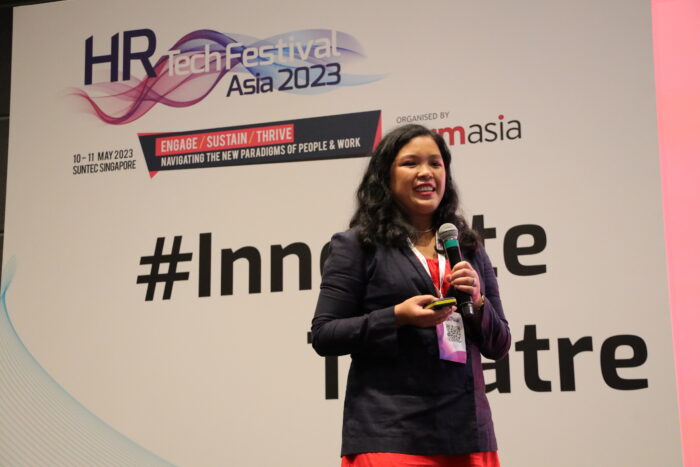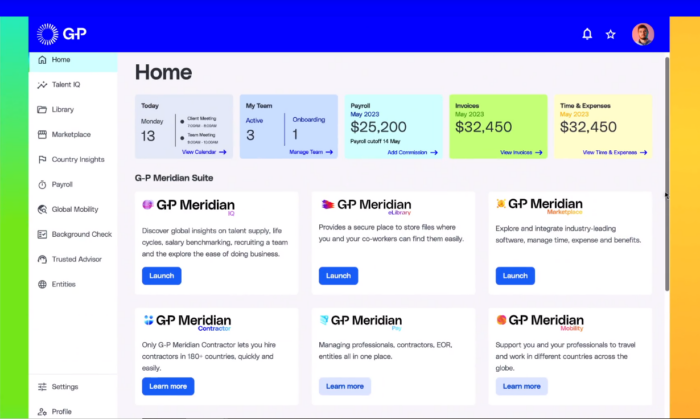Singapore launches initiative to bolster retrenched employees’ skills

Skill enhancement support unveiled by Singapore’s government aids retrenched employees, fostering long-term career preparedness.
More male employees in Japan took paternity leave in 2022

The financial and insurance sectors led in paternity leave uptake at 37.28%, while the hospitality and retailing showed modest 9.06% participation.
New Zealand mandates gender pay gap reporting

Nearly 900 organisations, each with over 250 employees, are set to disclose their gender pay gaps under new regulations.
Inclusive social protection for all employees in the Philippines

Maximising productive and sustainable job opportunities, and raising salaries, form part of a blueprint for inclusive labour development.
Creating a fairer workplace in Singapore

Prior to the passage of the Workplace Fairness Legislation in 2024, Singapore has outlined key areas that will be protected in the workplace.
Australia rolls out family violence leave for all employees

Small organisations’ employees now have the access to the same rights as employees working for large or medium organisations.
WFH most prevalent flexible work arrangement in Singapore

Employees working for larger firms are more likely to be provided with the opportunity to work remotely, compared to those who work in smaller ones.
Japan expects to hit minimum wage milestone in 2023

The hike is seen as crucial for overall wage growth despite organisations struggling to secure employees amid a labour shortage.
More employees in Singapore file for salary claims in 2022

86% of salary claims were resolved via the Tripartite Alliance for Dispute Management’s mediation, with 93% fully recovered for employees.
Nationwide wage hike remains on track in the Philippines

The Philippines’ Senate continues to consider nationwide wage hikes in response to public demand for fair compensation.
New sexual harassment laws to be implemented in Taiwan

Taiwan’s federal government is looking to amend sexual harassment laws that will place heavier punishments on offenders in positions of power.
Australia advances flexible work option for public employees

Employers are urged to review workplace policies and consider accommodation and alternative arrangements to ensure compliance.
Malaysia proposes progressive wage model to bridge salary gap

As part of the proposed model, mandatory salary increments will be introduced annually to address wage inequality.
Redefining of casual work in Australia spark concerns over flexibility and pay

Changes to casual work risk exclude individuals with regular work patterns, reducing flexibility and pay for university students, retirees, and others.
Singapore champions mediation to promote fairness in the workplace

To maintain a harmonious and non-litigious workplace culture, upcoming legislation will favour mediation for dispute resolution in Singapore.
Taiwan rejects calls for nationwide shorter workweeks

A four-day workweek has been rejected by Taiwan’s Ministry of Labour due to concerns over its impact on sectors and business competitiveness.
Whistleblowing can be key to fostering a positive workplace

With more employees embracing whistleblowing to improve working conditions, organisations can do more to address the evolving role of whistleblowing.
Addressing the needs of employees with flexible work arrangement

Employers in Singapore have been urged to offer flexible work arrangements that help to create an engaged and diverse workforce.
Be careful how you use chatbots, Google tells employees

Despite being one of the biggest advocates of AI, Google has cautioned employees regarding the use of chatbots, including its own Bard programme.
Australia strengthens workplace protection for vulnerable employees

The ratification of international treaties will see Australia heighten efforts to reduce workplace violence and harassment.
Regulation of AI in the workplace considered in the Philippines

The Department of Labour and Employment (DOLE) is also pushing for more initiatives to help employees understand and embrace the use of the technology.
Google moves to get more employees back into the office

Measures such as surveilling attendance at work will be implemented as the tech giant continues to reverse its once popular remote work policy.
Struggling with return to office? It’s an ‘organisational change problem’

Organisations need to understand the challenges faced by employees and implement compassionate strategies for a return to the office.
Japan targets more female board members for large organisations

The government is pushing economic policies that require more female board members to be nominated to achieve gender equality.
Transforming HR with data: The potential of people data analytics

Speaking with HRM Asia, REA Group’s Jelvie Grech emphasises the transformative power of people data analytics and effective data governance.
Empowering women’s economic success in Queensland

The Queensland government has committed A$16.3 million to empower women and boost their workforce participation.
G-P Meridian Suite simplifies global workforce expansion

G-P Meridian Suite transforms global team management with G-P Meridian IQ and G-P Meridian eLibrary.
Organisations in Indonesia urged to foster workplace gender equality

The country’s Ministry of Manpower is continuing to advocate for regulations that combat workplace harassment and promote women’s empowerment.
Malaysia’s DPM calls for fair bonus distribution to boost productivity

Employers have been urged to provide fair benefits in recognition of skilled labour’s vital role in organisational performance.
New Zealand to end discriminatory wage law against disabled employees

The government has pledged to replace existing regulation with a wage supplement scheme so disabled employees are paid at minimum wage.
